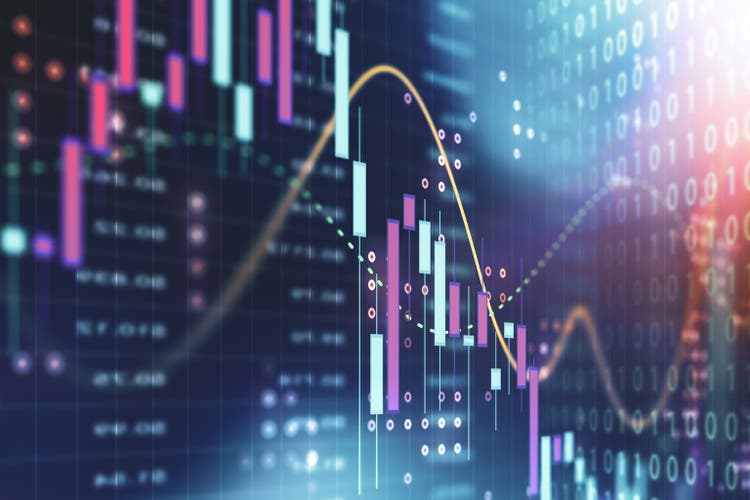One of the wonders of human society is how the individuals of our species found a way to coordinate our actions to collaborate without anyone being in command. Sure, there are governments, but they earn their legitimacy to the extent that they protect individuals’ lives, limbs, and possessions from violence and fraud- not from telling them what to do to make a living. Once the magistrates establish protection against violence, security of possession is all that is needed for a market economy with a price mechanism to develop.
The price mechanism tells the economic agents all they need to know to go after their businesses. The relative utility and scarcity of the different goods and services are adequately conveyed to the market participants by the signals given to them by the prices of said goods and services. If I want to know how valuable a particular service is to my fellow man, I just need to check how much I can earn by supplying that service; the same goes for all other goods and services.
For about two and a half millennia, human societies have benefited from the existence of coined money as a tool to facilitate the division of labor and to communicate the essential information economic agents need to allow them to act and for society to benefit from the rationalization of economic activities that come from that.
It is not that prior to the introduction of coined money, no other instruments were used as media of exchange, units of account, or stores of value. Still, all those functions that we associate with money became much more accessible once coined money was introduced in society. Consequently, the sophistication of our social relationships grew exponentially, and money evolved in its complexity to what we have today.
Such is the importance of money that rulers grasped from the beginning that the money supply monopoly would allow them to accrue enormous rents, in the long term by seignorage, and in the short term by manipulating its value, in case of urgent needs. However, manipulation of the value of money, at the time of coined money by debasement, and at the time of fiat money by inflation, good as they may be for the coffers of the state, are the cause of distortions in the price system, giving wrong information to the economic agents and leading them to incur errors.
It is because money is a counterpart in the vast majority of transactions and a necessary measure of relative scarcity in all transactions that the “price of money” is by far the most important in the economy.
The “price of money” is purchasing power; it is what you can get in exchange for the money you have. This price illustrates the relation between the supply and demand for money. When the supply of money varies according to the demand for money, the purchasing power of money remains stable; when that relation changes, the purchasing power changes accordingly.
Let us assume for a moment that the purchasing power of money is determined “endogenously,” that is, from inside the market, since the government of our hypothetical society has a “hands-off” approach to the money supply. Still, two other relationships determine the “price of money” as essential references for all traders; they are the price of money over time and the price of money in relation to the monies of other societies. They are the interest and the exchange rates.
Like the determinations of the purchasing power of money, the interest rate also has a “natural” equivalent, that is, the “time preference” of the economic agents. That is, how much the traders prefer to dispose of goods now compared to some time in the future. The closer the actual interest rates “on money” are to the “natural” rate, the more efficient the capital allocation in society will be.
Once the purchasing power of money is established, the most important price in the economy is, therefore, the interest rate, or, in other words, the changes in the purchasing power of money over time.
The second most important price is the exchange rate. The reason for that is easy to understand. Every politically organized society is a tiny fraction of the global economy; a medium-sized country like Argentina, for example, produces about 0.5% of the worldwide GDP. If you do not have a freely established exchange rate, one which reflects the actual supply and demand of the local currency in comparison with the currency of the rest of the globe, you are distorting the signs about the relative value of what you produce and consume domestically in relation to 99,5% of all that is made in the world.
The chances of error when you distort your information about what is going on outside your borders are immense. In my next post, I will turn to the current situation in Argentina.
Leonidas Zelmanovitz, a Senior Fellow with the Liberty Fund, holds a law degree from the Universidade Federal do Rio Grande do Sul in Brazil and an economics doctorate from the Universidad Rey Juan Carlos in Spain.














